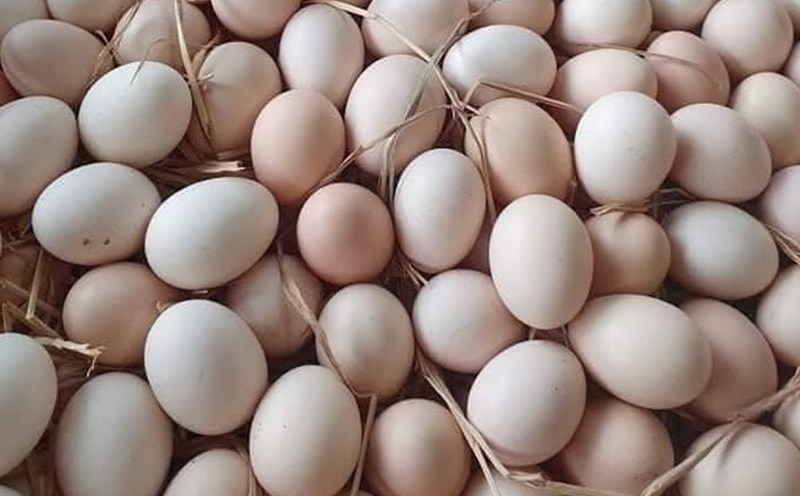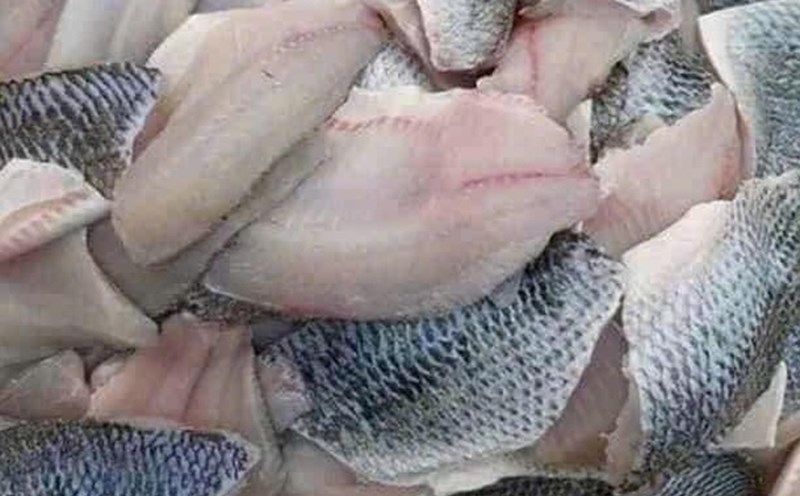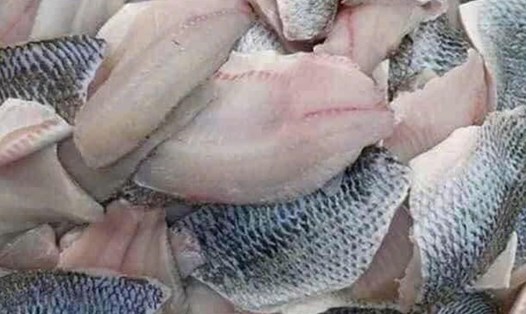Although not as rich in protein as eggs or meat, watermelon has special biological compounds that help promote natural and safe muscle growth.
One of the main reasons is that watermelon contains high levels of citrulline - a rare amino acid that dilates blood vessels, increasing blood circulation to the muscles.
According to research, citrulline has the ability to reduce muscle pain after exercise, while supporting the transport of more oxygen and nutrients to muscle tissue, thereby creating conditions for muscle to grow faster. A glass of watermelon juice about 500 ml can provide 2 to 3 grams of natural citrulline.
Watermelon contains many natural carbohydrates in the form of fructose. This is a quick source of energy for high-intensity workouts. After exercise, eating watermelon helps replenish glycogen - a source of energy in muscles, thereby helping to recover quickly. At the same time, watermelon is also rich in vitamins C and A, which help reduce oxidative stress in muscles as well as enhance cell regeneration.
Compared to artificial energy drinks, watermelon brings natural freshness, low calories and contains no additives, very suitable for people with a healthy lifestyle.
Watermelon is not only a delicious dish but also supports muscle gain thanks to its high citrulline content, rich in antioxidants and providing healthy energy.
Adding watermelon to a reasonable diet will help muscles grow better and recover faster after each exercise session.










